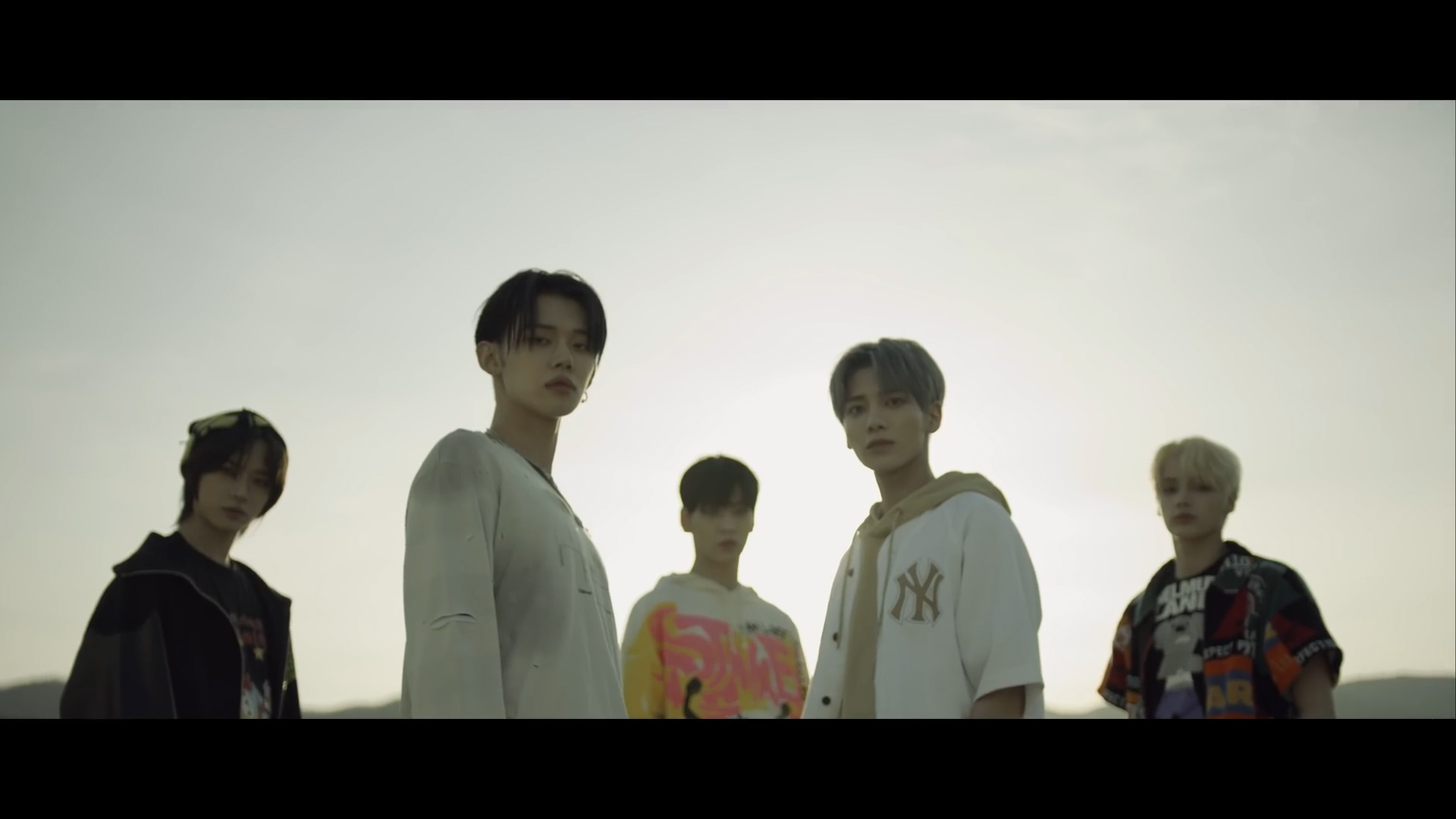
From Generation X, to millennials, to Gen Z, generational tastes in music can sometimes seem like they’ve been repeating for over 20 years. The idea that people of one generation listen to more music than those of the past, follow their own tastes more than trends, and focus less on albums to take a more track-oriented approach to music repeats every generation, but has become more pronounced over time. Sometimes the trends can seem empty, but there’s something new that separates Generation Z from the others. Mobile usage and personalization that came with the information technology revolution, and the rise in popularity of streaming in particular, have made everything that only seemed likely before into reality today. Gen Z’s music consumption habits are a measurable trait shared by the entire generation on a global scale.
Whenever Generation Z express their feelings and share them through music, look for more diverse music and enjoy their discoveries, or notice that the people they share tastes with may share their political leanings as well, all of this happens on a global scale through social media. Communities formed around shared interests are no longer closed-off groups. K-pop is a perfect example. According to Spotify, the number of times K-pop songs are streamed on the service increased more than 18-fold from 2014 to 2020. In that span of time, K-pop went from having no distinctive genre listing on the service to becoming the most prominent foreign non-English-language music in the United States. Here, the sequence of events—whether K-pop’s many strategies for success were made to overcome the limitations seen to be posed by the language, or the key to that success—is not understood. Nationality and language were never a problem in the first place; instead, we should take a look at who was already prepared for the era of social media and streaming.
A distinct has begun to emerge between some of the so-called fourth-generation idols, including TOMORROW X TOGETHER, and the cohort before Gen Z, for being their owner creators and producers, not simply waiting for the attention of listeners. To deal with the theme of boys growing up, TOMORROW X TOGETHER cites alternative and emo as musical inspiration while using TV shows and movies with similar themes as reference points for their music videos. It’s all possible thanks to the way they personally explore tastes from earlier generations and other countries open-mindedly through Spotify and because they can access a variety of content at the same time as the rest of the world through Netflix, unlike in previous eras. In the past, K-pop had two ways to enter overseas markets: following local tastes and promotional channels, or becoming memes. This approach, however, is no longer effective for Generation Z artists around the world, K-pop or otherwise.
Streaming services add fuel for tastes that transcend generation and nationality. You don’t have to wonder what the music of the past was like—you can just listen to it. Even if Billie Eilish and Finneas O’Connell were to suddenly bring 1990s power ballads into their own variety of bedroom pop, their generation wouldn’t panic. Nor is it unreasonable to call Arlo Parks’ debut album a collection of lo-fi pop spanning decades of tastes. Wallis’ indie pop sound seems to draw on a style not seen since the 2000s, yet the backdrops and visuals harken back to the 1960s. What about changing things up geographically? Have you heard how extraordinary Mexican indie rock is? Look up Distrito Indie on Spotify. Who says you should skip Brazil’s urbano scene just because it’s in Portuguese? Don’t miss it. You can hear it on the playlist called creme on Spotify.
When Oslo Ibrahim from Indonesia releases his new city pop single, “Baby Don’t Let Me Go,” it floods social media feeds. What kind of new world will Spotify’s and YouTube’s recommendation algorithms open up for people who liked this song? And why is it musicians who become style icons, not actors or other celebrities? It’s because they’re the ones who are the first to be freed from genre, generation, and geography.
Unauthorized reproduction and distribution prohibited.